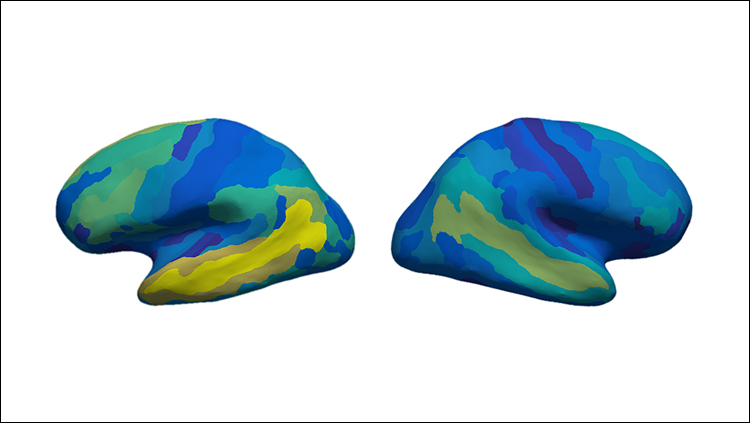How Meaning Is Represented in the Human Brain
Representations reflecting non-linguistic experience have been detected in brain activity during reading in study of healthy, native English speakers published in JNeurosci. The research brings us one step closer to a more complete characterization of human language.
Words and their relationship to one's experience are thought to be combined in the brain to enable understanding of a sentence's meaning. Building on prior models using word co-occurrence statistics, Anderson et al. now show that integrating experiential information into previous models improves decoding of patterns of neural activity associated with meaning as participants read short sentences. These results may guide future efforts in the diagnosis and treatment of language disorders and development of artificial intelligence systems.
Read the manuscript in JNeurosci: An integrated neural decoder of linguistic and experiential meaning





















